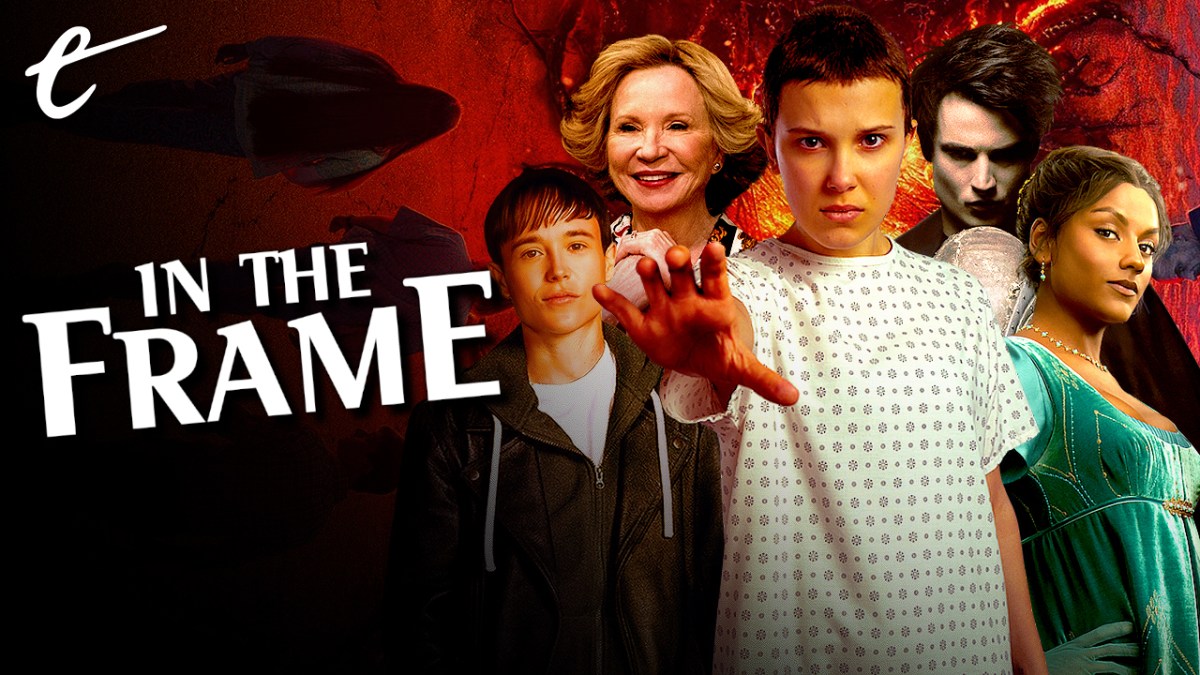Last week, Netflix announced plans to crack down on password sharing. It did not go to plan.
The announcement was not a surprise. The company has long expressed a desire to crack down on password sharing among users, hoping to grow its subscriber base. Netflix has also had a bit of a rough year following its loss of subscribers in the first quarter of 2022, the first time that the company lost subscribers in more than a decade. There is increased scrutiny from investors and suggestions of belt-tightening within the company, not to mention a broader unease in the streaming space.
As such, forcing people who are currently sharing streaming plans to pay for individual subscriptions seems like an easy win. The plan announced last week would reportedly require each user on a family plan to effectively check in at the home internet network once every 31 days. The response to this proposal was far from enthusiastic. Actor Justice Smith, who worked with Netflix on The Get Down, pointed out the irony that he could be locked out of his account while literally working on a Netflix project.
Of course, it’s hard to properly quantify customer response to this sort of announcement. More than that, Netflix is aware that it will lose customers through this campaign. Even then, there are reports that uses of the Google search term “cancel Netflix account” jumped by more than 733% in the immediate aftermath of the announcement. This may explain why Netflix rushed to backtrack from these measures, insisting that the announcement was posted in error.
Reportedly, these measures were never intended to be global but were instead directed at Netflix customers in Chile, Costa Rica, and Peru. These are countries with relatively small user bases: There are reportedly 969,000 subscribers in Chile and 1.5M subscribers in Peru, out of the company’s 223M subscribers worldwide. The premium Netflix subscriptions in Chile, Costa Rica, and Peru that would be affected by this announcement are also appreciably cheaper than in the United States.

Still, this feels like a trial balloon. Netflix may have been floating the idea of such a clampdown on password sharing and monitoring the response. It’s entirely possible that Netflix was hoping that the threat of action would be enough in itself to prompt some users sharing passwords to sign up for their own accounts. In some ways, it was equivalent to firing a pistol into the air, hoping that it might cause some reaction. If anything, it seems Netflix vastly underestimated the intensity of the reaction.
There is a sense in which this is all theater. After all, there is a difference between announcing plans to do a thing and actually doing a thing. While it might be beneficial for Netflix to adopt the posture of clamping down on password sharing, just as it was briefly beneficial for Netflix to be seen to take a hard line on VPN usage, the reality is that any business decision that risks significantly reducing the active user base would be incredibly reckless. This is especially true at this moment in time.
Subscribers have traditionally been the cornerstone of Netflix’s business model. This is why the company has had little interest in pushing for major theatrical releases, even when those releases could earn significant box office. However, the past couple of years have seen a significant shift in the company’s priorities. For years, the company insisted that it would not support advertisements. However, times change. Last November, the company launched an ad-supported tier.
This reflects larger trends in streaming and is part of a broader shift that seems to be pushing services back towards the model employed by traditional television broadcasting. Peacock, Paramount+, and Disney+ all offer cheaper subscription plans for viewers willing to put up with advertising. In fact, Hulu claims that 70% of its entire user base are on its ad-supported tier. This is the future of streaming, subsidizing costs by selling advertising space to outside companies.

Those buyers aren’t really interested in the number of subscriptions as a unit of value. They are interested in the number of eyeballs. Indeed, the amount of curated data that a company like Netflix maintains concerning its audience is appealing to services that want to tailor their marketing to specific demographics and groups. They are less interested in the number of households paying for Netflix than they are in the people within those households watching Netflix.
Netflix has understood this. It has always been part of the game for the streaming service, which has generally been opaque in reporting metrics. It infamously refuses to even publish the box office results from the movies that it does release in theaters. When Netflix began announcing the viewership of particular titles, the company goosed the numbers by offering the number of viewers who “watched at least two minutes of a feature or TV show in the first 28 days of its release.”
Historically, Netflix has benefited from the fact that there is little verification of any claims that it might choose to make about the success of a given movie or television show. To an outside observer, the streaming giant’s strategy with every major release seemed to be to immediately declare victory and then wait a couple of months (or even years) to make the real business decisions that might reflect on its actual performance.
Bright is a prime example of this. It launched as the service’s first blockbuster. The company boasted that the movie had been watched “more than most other Netflix originals” and swiftly announced plans for a sequel. This gives the impression that the film was a massive success. Why else invest so much money in a potential sequel? However, Netflix ultimately seemed to be playing a shell game. That sequel to Bright would be quietly canceled four-and-a-half years after the original came out.

Advertisers are not going to simply take Netflix at its word when it comes to investing large sums of money for access to the company’s users. For years, Nielsen has had to infer and estimate viewership on the streaming service. This move towards an ad-supported model has forced the company to submit itself to external auditing. Nielsen will start reporting official viewership numbers for Netflix later this year. This puts Netflix in a more public and vulnerable position than ever before.
When trying to negotiate rates with advertisers, broadcasters like to put their best foot forward. On television, these prices are set during “sweeps” periods. The more people who watch during these “sweeps” weeks, the more that these broadcasters can charge for advertising space. As a result, there’s an incentive for programming to draw as large an audience as possible during those windows, which they do using huge guest stars, big dramatic payoffs, and a selection of sordid stunts.
To put it simply, it would be absurd for Netflix to take any action that would significantly reduce actual viewership during this delicate and transitional phase. Clamping down on password sharing would be a particularly risky gambit for the service, as that is a strategy that would inevitably lead to a decrease in the number of eyeballs on screens, even if it does lead to a minor uptick in terms of paying subscribers.

Analyst Jason Bazinet has argued that password sharing costs Netflix $6B annually. Netflix knows that clamping down on password sharing won’t magically add that $6B to its coffers; not everybody locked out will get their own subscription, and families may cancel or downgrade their plans if the model no longer works for them. In contrast, Morgan Stanley has suggested that advertisers could be paying Netflix $5.5B annually by 2027, which would almost single-handedly make up the shortfall.
The most valuable demographic to advertisers remains young adults, with tech companies like Facebook selling themselves to advertisers on their access to 18-to-24-year-olds. To make matters even more complicated for Netflix, this is the demographic that would be most affected by a clampdown on password sharing. According to Leichtman Research Group, 34% of adults from 18-to-34 years old use at least one streaming service paid for by someone else.
With this in mind, this would seem to be the worst time for Netflix to enact a policy that would potentially alienate the very viewers that make its platform appealing to advertisers. Then again, streaming services do not have a history of making smart decisions with an understanding of the long-term implications. Netflix’s boasts about locking users out of shared accounts are either bluster or stupidity. Only time will tell.





